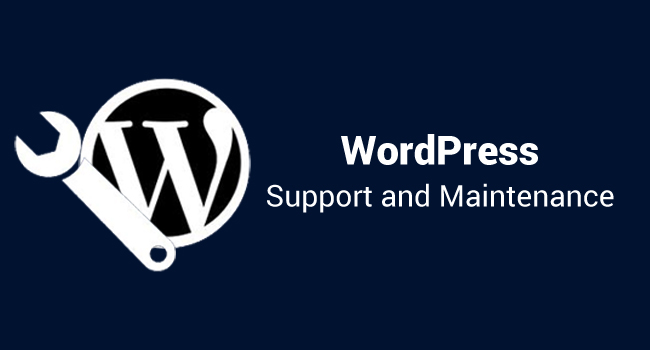Modern businesses are increasingly exploring sustainable solutions that reduce costs and support environmental responsibility. One effective approach is adopting commercial solar systems. By generating renewable energy on-site, organisations can cut electricity expenses, lessen dependence on the grid, and align with eco-friendly initiatives. This move not only lowers operational costs but also positions businesses as leaders in sustainable practices.
Understanding Commercial Solar Systems
A commercial solar system is made up of solar panels, inverters, and other essential equipment installed on office buildings, warehouses, or industrial facilities. These systems harness sunlight and convert it into usable electricity to power day-to-day operations. The system’s size and design depend on the energy requirements, available roof space, and long-term goals of the business.
Key Benefits of Commercial Solar Systems
- Reduced Energy Costs: Generate your own electricity and save significantly on monthly power bills.
- Energy Independence: Avoid the impact of rising grid electricity prices.
- Eco-Friendly Operations: Cut carbon emissions and contribute to a greener future.
- Enhanced Reputation: Demonstrate a commitment to sustainability, which appeals to clients and stakeholders.
- Long-Term Value: Solar systems provide consistent energy generation for decades, offering excellent returns on investment.
Boosting Energy Security with Solar Battery Backup Systems
Pairing a solar setup with a solar battery backup system enables businesses to store surplus energy for later use.
Advantages include:
- Backup power during outages or emergencies.
- Improved energy reliability during high-demand hours.
- Increased independence from the grid, enhancing operational stability.
How to Select the Right Commercial Solar Solution
When planning a solar project for your business, consider the following factors:
- Your Energy Consumption: Analyse current usage to determine the ideal system size.
- Equipment Quality: Opt for panels and inverters that meet Australian standards.
- Professional Installation: Work with accredited installers for optimal system design and safety compliance.
- Expandability: Choose a system that can integrate with batteries or be scaled up in the future.
- After-Sales Support: Ensure warranties and ongoing maintenance are included.
Conclusion: An Investment for the Future
Adopting commercial solar systems is a smart move for businesses looking to save on energy and contribute to a sustainable future. When combined with a solar battery backup system, companies gain greater energy security, reduced costs, and long-term resilience.
Is your business ready to take the next step toward energy independence? Start exploring your commercial solar options today and secure a greener, more cost-efficient future.
Frequently Asked Questions (FAQs)
1. How long does it take to install a commercial solar system?
Most projects are completed within a few weeks, depending on the size and complexity of the installation.
2. Can I add a battery later on?
Yes, modern commercial solar systems are designed to work seamlessly with a solar battery backup system, even if installed at a later stage.
3. Do solar panels work during cloudy weather?
Yes, they continue producing electricity, though output may be slightly reduced compared to sunny conditions.
4. How long do commercial solar panels last?
With proper care, quality solar panels last around 20–25 years or more.
5. Are there incentives available for businesses installing solar?
Yes, various government rebates and incentives are available, which can help reduce the overall installation cost.
Read About: solar battery for house

